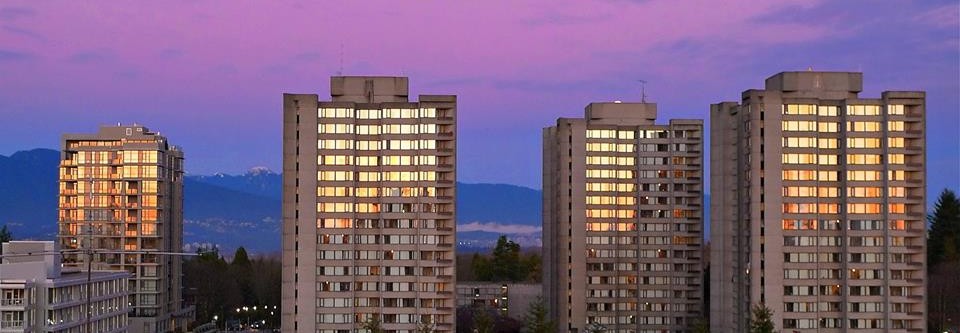by: Brendan Baek
Torture and other cruel, inhuman or degrading treatment or punishment, public executions,
extra judicial and arbitrary detention, the absence of due process and the rule of law, imposition
of the death penalty for political reasons, the existence of a large number of prison camps and
the extensive use of forced labour;
Sanctions on citizens to those who have been repatriated from abroad, such as treating their
departure as treason leading to punishments of internment, torture, inhuman or degrading
treatment or the death penalty.
All-pervasive and severe restrictions on the freedoms of thought, conscience, religion, opinion
and expression, peaceful assembly and association and on access of everyone to information,
and limitations imposed on every person who wishes to move freely within the country and
travel abroad.
Continued violation of the human rights and fundamental freedoms of women, in particular the
trafficking of women for prostitution or forced marriage, ethnically motivated forced abortions,
including by labour inducing injection or natural delivery, as well as infanticide of children of
repatriated mothers, including in police detention centres and labour training camps.
Imagine living in a world with:
No Freedom of expression
No Freedom of religion
No Freedom of movement
No Disabled rights
Forced abortion and prostitution
Where do you think this is? Does a place like this even exist? Is it even possible to imagine if a
place like this can exist in the world today?
Now think about your family. You might have a fantastic relationship with your family, and some
not so great, or some may not have a family. Regardless of how close you are family, imagine
killing your own family to be able to eat a few extra grains of rice.
Imagine seeing your own mother being executed in front of your own eyes and feeling
shameless even though her death was entirely your fault.
How can this be? Wasn’t the concept of “family love” a universal and innate to human nature?
Isn’t it a mother’s instinct to embrace her own children, and the child’s instinct to seek comfort
in their mother’s arms? Despite famine and despite poverty, family unity should remain
wherever in the world you are from. What kind of place in the world can possibly annihilate the
most fundamental form of human relationship?
What are some of your guesses so far?
The word famine and poverty is commonly associated with third world countries in the world.
Many countries in Africa, Central America, or South East Asia commonly appear in the media as
places in the world that needs our personal help.
What if I told you the country is incredibly close to a Japan, one of the richest countries in the
modern world? Direct attached to China, one of the world’s forefront economic giants? And
neighbors with South Korea, the most technologically advanced country in the world?
Juxtaposed with these countries enjoying basic fundamental human rights, is North Korea. This
long introduction to what North Korea is like is certainly different from what you expected, am I
right?
Perception is an invisible force, one that lives in our minds. But the effects of our perceptions
are anything but invisible, since they determine what we think, say and how we act. In this way,
this invisible force of perception has influenced the course of history. In the 18th
believed that Africans were less than human and we made them slaves and denied their human
rights. Our perceptions wre wrong, they were based on lies and innocent people paid the price.
In the 20th
century we failed to respond to the need of North Korea because international
politics and the media defined North Korea by high politics, rather than the North Korean
people. Our perception was determined by the political rhetoric of the Cold War and has been
that way ever since.
This perception has allowed the atrocities of the regime to go unnoticed. While we are talking
about nuclear weapons and treating the Kim leadership as tabloid news, the North Korean
people are starving, isolated and denied fundamental human rights in a zero-tolerance system
enforced by a network of political prison camps, reminiscent of the Nazi concentration camps.
This regime aims to isolate its people by trying to control all information going into and out of
the country, and punishes anyone who attempts to learn about the outside world.
This is not history
These are incredible challenges that the North Korea people face today. But the world has
neglected this, instead allowing politics to define North Korea.
We need to be talking about the people of North Korea. This is what the media should be
reporting on and this is what politicians should be focused on. Why? Because more attention on
the nuclear weapon stalemate or the North Korean regime is not going to lead to solutions.
Shifting the way the public thinks about North Korea allows for far more progress to be made.
The North Korean people can be supported, we can help empower their efforts to push for
change and increasing freedoms. And their stories can be told wide and far until North Korea is
defined by its people.
If we in the outside world, shift our focus from the high politics to the people, and come
alongside them in their struggle, then liberty in North Korea will not be impossible.
It will be inevitable.

 Follow
Follow